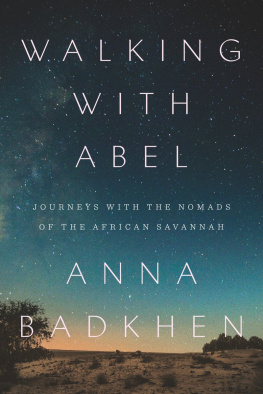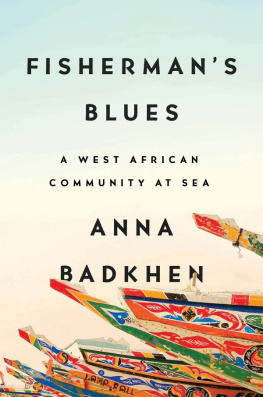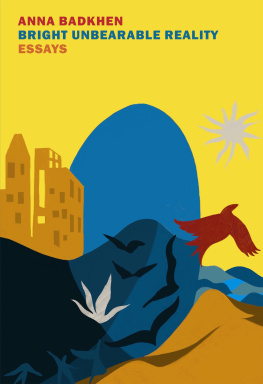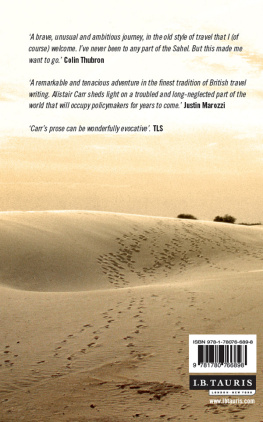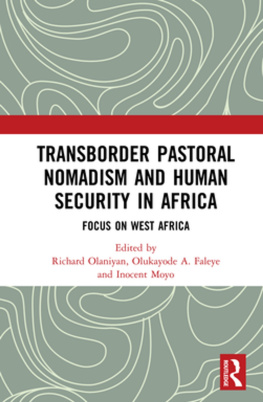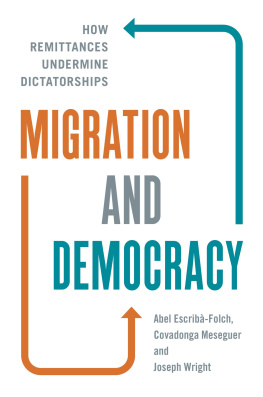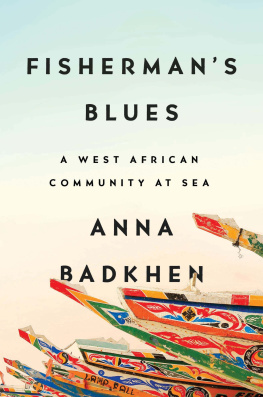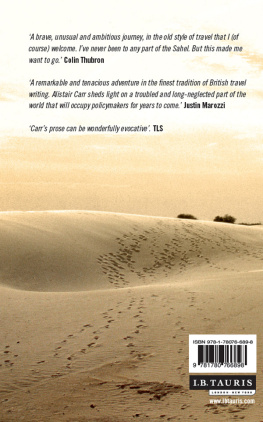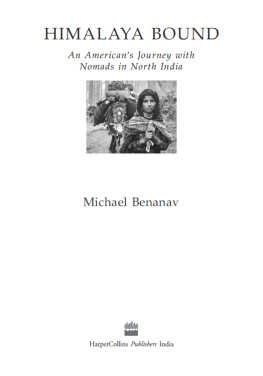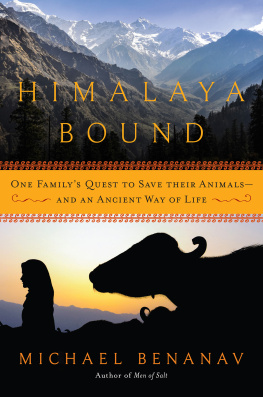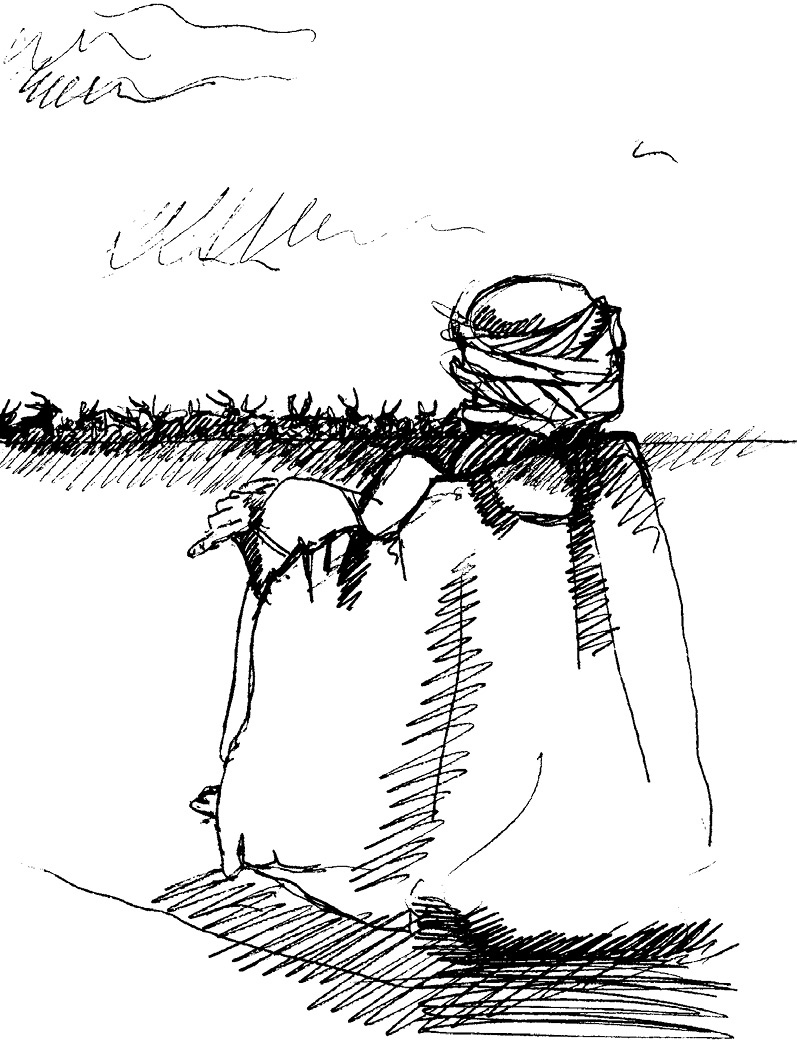Badkhen - Walking with Abel : Journeys with the Nomads of the African Savannah
Here you can read online Badkhen - Walking with Abel : Journeys with the Nomads of the African Savannah full text of the book (entire story) in english for free. Download pdf and epub, get meaning, cover and reviews about this ebook. City: New York, year: 2016, publisher: Penguin Publishing Group;Riverhead Books;Penguin Putnam Inc, genre: Detective and thriller. Description of the work, (preface) as well as reviews are available. Best literature library LitArk.com created for fans of good reading and offers a wide selection of genres:
Romance novel
Science fiction
Adventure
Detective
Science
History
Home and family
Prose
Art
Politics
Computer
Non-fiction
Religion
Business
Children
Humor
Choose a favorite category and find really read worthwhile books. Enjoy immersion in the world of imagination, feel the emotions of the characters or learn something new for yourself, make an fascinating discovery.
- Book:Walking with Abel : Journeys with the Nomads of the African Savannah
- Author:
- Publisher:Penguin Publishing Group;Riverhead Books;Penguin Putnam Inc
- Genre:
- Year:2016
- City:New York
- Rating:4 / 5
- Favourites:Add to favourites
- Your mark:
Walking with Abel : Journeys with the Nomads of the African Savannah: summary, description and annotation
We offer to read an annotation, description, summary or preface (depends on what the author of the book "Walking with Abel : Journeys with the Nomads of the African Savannah" wrote himself). If you haven't found the necessary information about the book — write in the comments, we will try to find it.
An intrepid journalist joins the planets largest group of nomads on an annual migration that, like them, has endured for centuries.
Anna Badkhen has forged a career chronicling life in extremis around the world, from war-torn Afghanistan to the border regions of the American Southwest. In Walking with Abel, she embeds herself with a family of Fulani cowboysnomadic herders in Malis Sahel grasslandsas they embark on their annual migration across the savanna. Its a cycle that connects the Fulani to their past even as their present is increasingly under threatfrom Islamic militants, climate change, and the ever-encroaching urbanization that lures away their young. The Fulani, though, are no strangers to uncertaintybrilliantly resourceful and resilient, theyve contended with famines, droughts, and wars for centuries.
Dubbed Anna Ba by the nomads, who embrace her as one of theirs, Badkhen narrates the Fulanis journeys and her own with compassion and keen observation, transporting us from the Neolithic Sahara crisscrossed by rivers and abundant with wildlife to obelisk forests where the Fulanis Stone Age ancestors painted tributes to cattle. As they cross the Sahel, the savanna belt that stretches from the Indian Ocean to the Atlantic, they accompany themselves with Fulani music they download to their cell phones and tales of herders and hustlers, griots and holy men, infused with the myths the Fulani tell themselves to ground their past, make sense of their identity, and safeguard theirourfuture
Badkhen: author's other books
Who wrote Walking with Abel : Journeys with the Nomads of the African Savannah? Find out the surname, the name of the author of the book and a list of all author's works by series.

